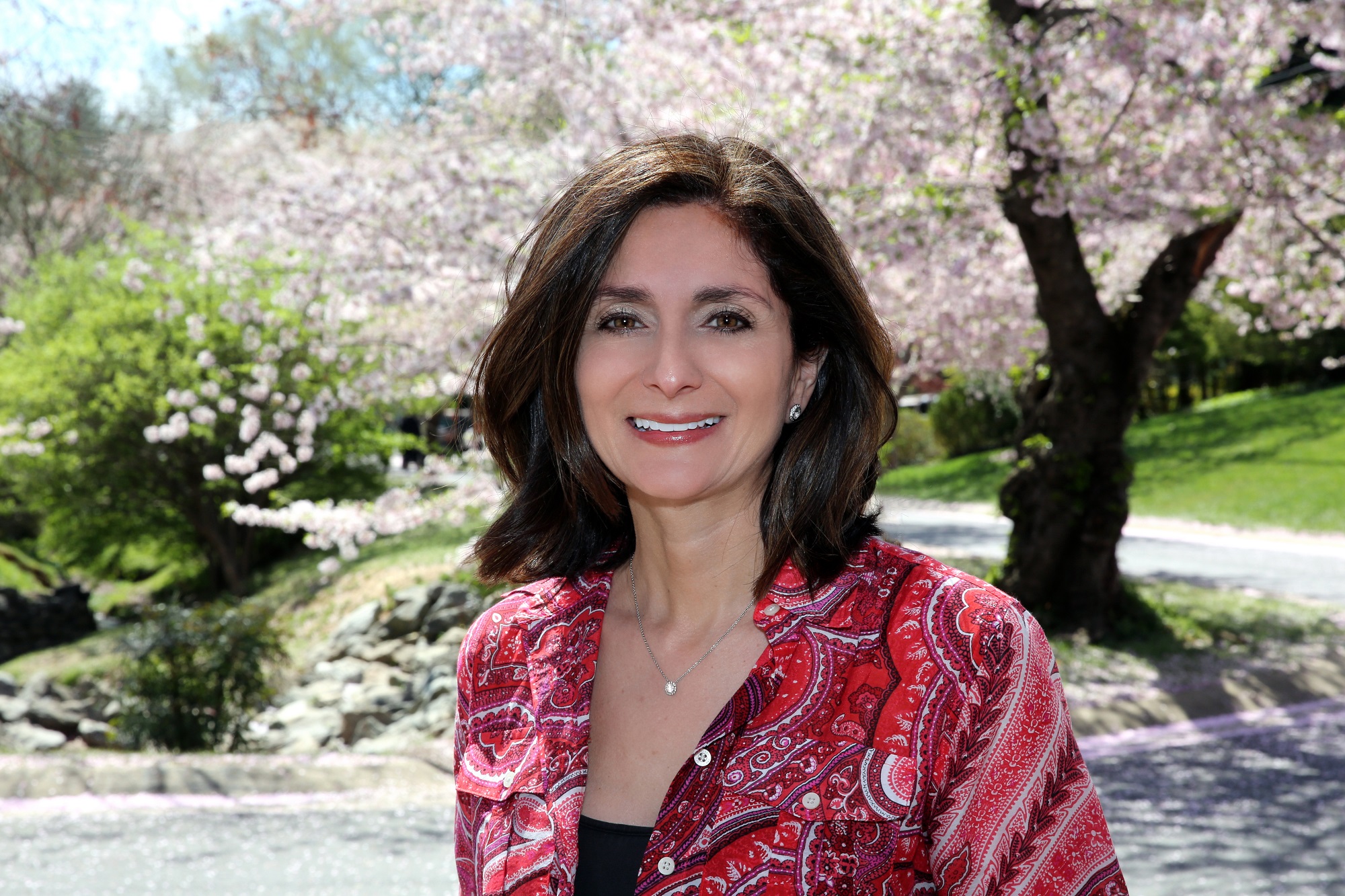Flexible thinkers have a demonstrated ability to see problems from various points of view, and they don’t see conflict as a failure, but rather a challenge that requires some creativity in order to find a solution. If you are a flexible thinker, you don’t see things as black or white. It’s not your way or the highway. You are open to possibilities. You listen with genuine interest. You collaborate well with others and enjoy brainstorming. You share ideas readily, and appreciate feedback. You draw others into your world with diverse backgrounds and expertise. And as you pull all of these things together, you see magic happen. Truly, if you have experienced this you know what I mean.
In mediation, one neutral professional meets with both parties to guide them through the process of identifying the issues that need to be addressed and analyzing various options for an amicable resolution. This only works well if both parties are comfortable advocating for themselves, there is no history of domestic violence and there are not any major power imbalances.
Within the Collaborative Divorce process, each party has his/her own attorney that will guide the 4-way meetings, where the attorneys work together as a team while assisting their clients to articulate their goals and concerns, discuss the issues that need to be addressed, and develop options for a global solution that promote the best interest of the entire family. If the parties agree to involve additional professionals, such as a divorce coach, child specialist or financial neutral, they will jointly select experts trained in this process.
When couples opt for mediation or a Collaborative Divorce, the driving factor may not actually be a desire to avoid litigation in order to preserve goodwill. Often times, these couples are still stinging from the raw feelings of immense failure and defeat, but they are not so blinded by their emotions that they fail to recognize the great benefits of 1) spending less in legal fees and/or 2) avoiding the disclosure of embarrassing details in an open courtroom. Ultimately, the reasons a couple may choose an Alternate Dispute Resolution process can vary greatly, but as long as everyone is committed to cooperating with the exchange of relevant information to address the important legal issues and openly discussing options for reaching an agreement outside of court, the main challenge will be for the professionals assisting them to help them get past their positions and teach them to articulate their needs, wants and concerns in an honest and respectful manner as everyone brainstorms various options (without passing judgment) until they reach a final solution that works for everyone.
Here are some basic ground rules in any ADR process:
1. Take turns speaking– listen with empathy and express yourself respectfully;
2. Stick to “I” statements, don’t speak for the other person;
3. Don’t pass judgment or try to place blame;
4. Try not to guess someone’s motive, instead just ask “why?
5. Focus on the problems at hand, and not the past.
The beauty of mediation and/or the Collaborative Process is that the parties set the pace for the meetings, and trained professionals are constantly checking in with everyone to see if everyone is calm or if someone is upset and needs to take a break. The professionals use techniques to ensure no one is overwhelmed by the emotions, which can seriously hinder meaningful discussions to address the legal issues.
It is ironic that many of the techniques applied in ADR are also used by marriage counselors in couples counseling. Just imagine if more people would actually avail themselves of these services when things first become difficult instead of waiting until it is too late? Unfortunately, many wait years to seek help, by which point too much damage has been done to the marriage. But it is never too late to learn to apply flexible thinking in order to be respectful and solution-focused, especially for couples that will need to co-parent their children long after their divorce is finalized.
Here is a link to a short podcast explaining ADR – https://soundcloud.com/wealth-strategies-journal/love-and-money-with-regina-demao-s01e03-adr-in-family-law-wealthstrategiesjournalcom
Regina A. DeMeo, Esq.
www.reginademeo.com








